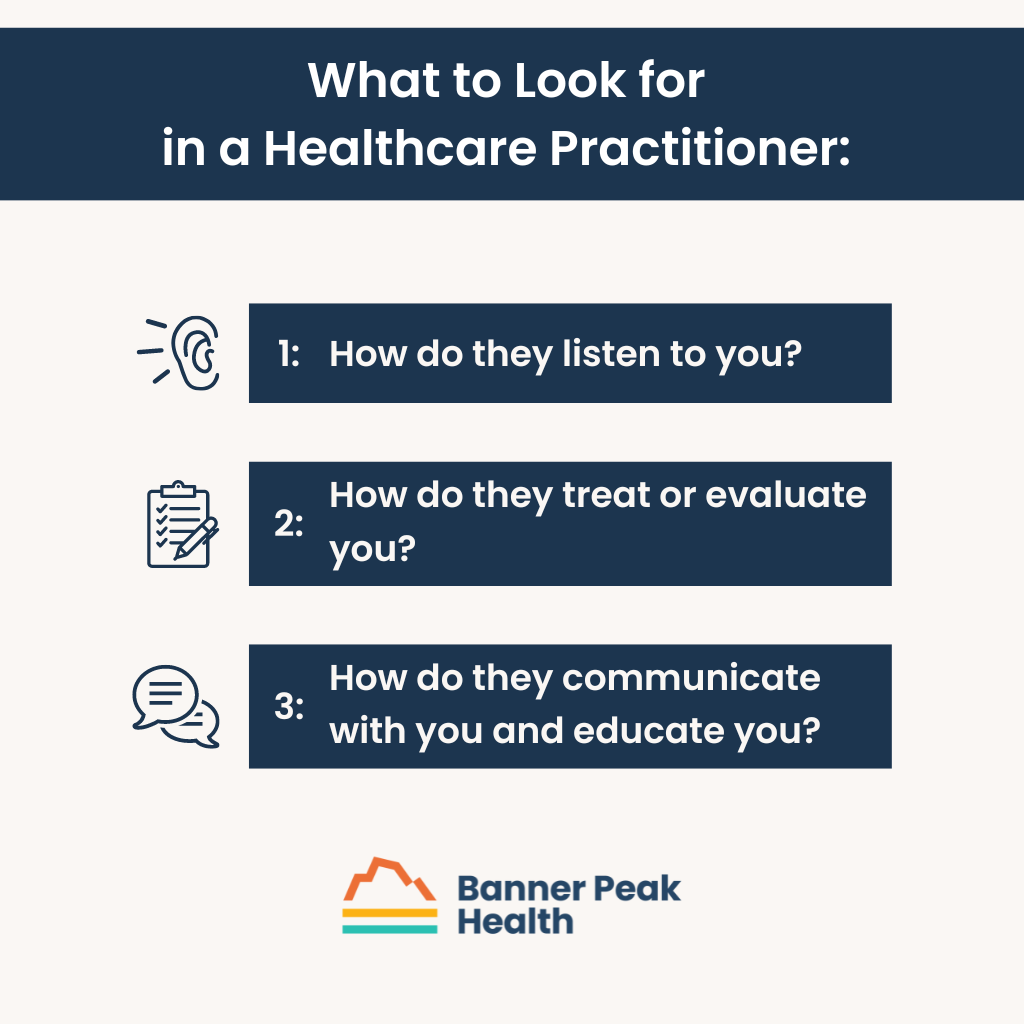I’m always trying to learn what patients value in their relationship with their primary care doctor.
Whenever I ask people what they appreciate about their physician, I usually hear the same responses: “My doctor is thoughtful, thorough, energetic, a good listener, etc.” No one ever says, “I like that my doctor is fast.”
In fact, the converse is true. Always, without fail, people remark to me that their interactions with their physicians are too hurried. This lack of time has markedly denigrated their relationship with their doctor.
Unfortunately, electronic health records have only amplified those time-pressured frustrations. People often complain that their physicians don’t make eye contact, but instead stare down at their keyboard, frantically typing.
“If my doctor ever develops a bald spot, I’ll be the first to know,” patients joke.
At the end of the day, patients want an empathetic healthcare experience. But what does that look like in practice?
An Empathetic Healthcare Experience vs. The Reality of Conventional Care
Envision the ideal relationship with your doctor. What do you imagine? Maybe you want more one-on-one time, or more eye contact. Perhaps you’d feel more comfortable bringing up a health concern if your doctor didn’t seem so distracted!
In some ways, people want a time machine that will take them back to a perhaps mythical era — when doctors weren’t distracted by technology, they weren’t constantly on a time-crunch, and they certainly weren’t assigned to different patients every year due to insurance transitions.
How an Alternative Payment Model Can Benefit Both Physicians and Patients
Concierge medicine is an alternative payment model for funding the highest-quality healthcare. By using this model, we can recapture, reinvent, and preserve that old-school physician-patient relationship that enables patients to be heard.
Of course, this approach to medicine doesn’t just benefit patients. Physicians also suffer when they’re trapped in a time-pressured environment. They’re unable to give their intellectual and emotional all to their patients — they can’t research cases, discuss treatment options with other doctors, or even process their own thoughts.
Concierge medicine provides a bridge between the patient and the physician — everyone wins. This alternative payment model allows us (pun incoming) to go back to the future.
Why Is Empathy So Important in Healthcare?
Most of us have heard of the Golden Rule: “Do unto others as you would have them do unto you.” This applies to many areas of life, but especially healthcare.
We understand that the fundamental truth of the Golden Rule is empathy. Empathy can manifest in a healthcare setting from the moment you pick up the phone to schedule your first appointment. You want to be acknowledged as a person with unique emotions, concerns, and goals. Wouldn’t it be nice to interact with a person (not a machine) who treats you as a fellow human being, kindly, patiently, and respectfully?
Unfortunately, we as patients have experienced that following the Golden Rule is impossible in the traditional healthcare system because of time and insurance constraints. That’s why we founded Banner Peak Health in the first place. We’ve created a clinic where we’re free to abide by the Golden Rule and provide the care we want and expect our own friends and family to receive.
What to Look for in a Healthcare Practitioner
On the hunt for an empathetic physician? Here are a few questions to ask along the way:
How do they listen to you? How do they treat or evaluate you? The answer should be: patiently and attentively. Who wants to feel like their doctor is just going through the motions? Your physician should be thorough and should advocate for your comfort.
How do they communicate with you and educate you? Feeling understood is paramount, and a physician who talks down to you can be intimidating and insulting — and definitely not conducive to a strong patient-physician relationship.
Being truly seen and heard by your doctor helps you feel like your well-being is their first and foremost priority — because it should be.

Barry Rotman, MD
For over 30 years in medicine, Dr. Rotman has dedicated himself to excellence. With patients’ health as his top priority, he opened his own concierge medical practice in 2007 to practice medicine in a way that lets him truly serve their best interests.




